Top 7 Natural Remedies to Stop Dog Allergies and Paw Licking Instantly!
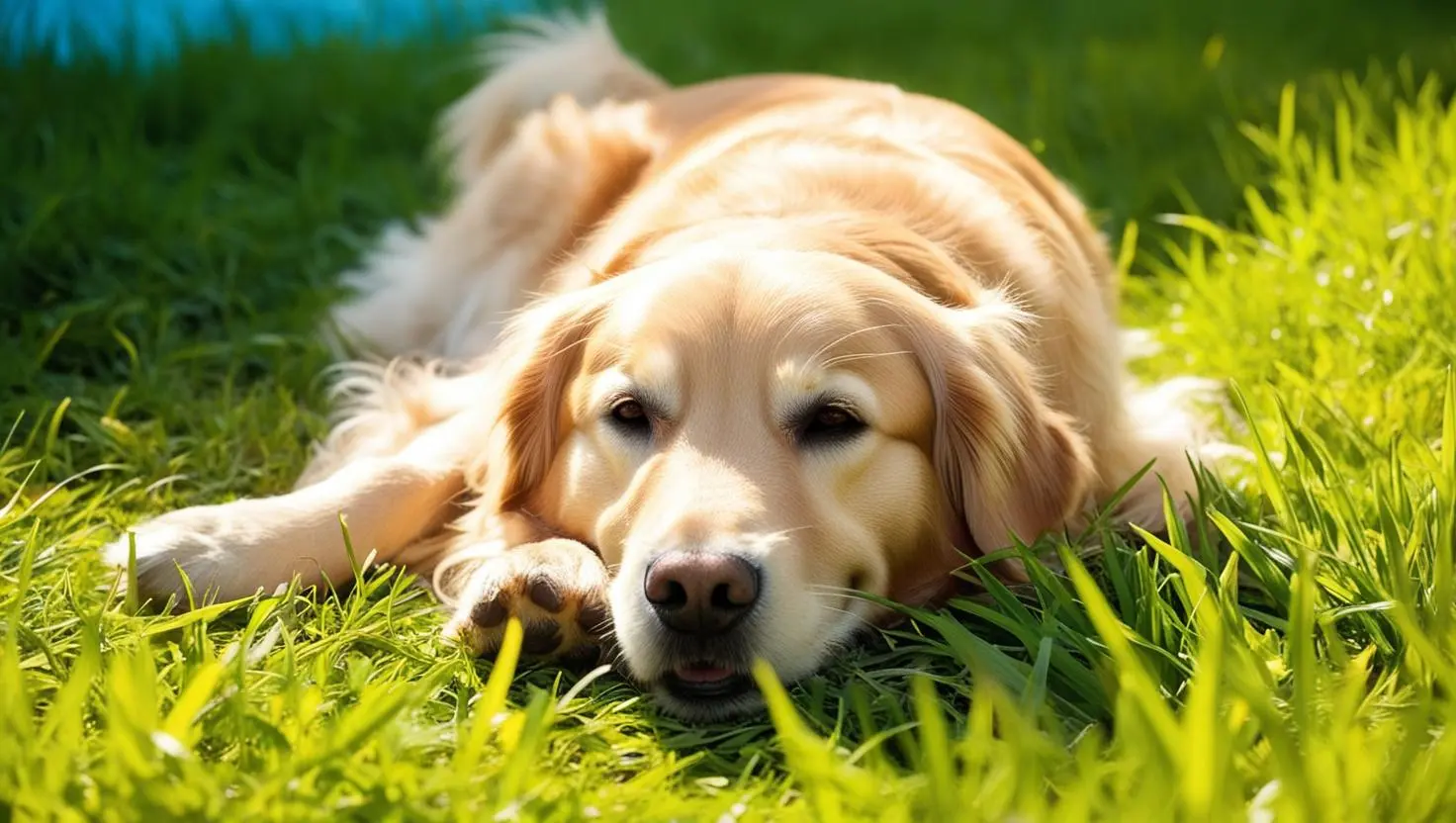
Does your dog constantly lick their paws, leaving you wondering how to help? Paw licking is often a sign of discomfort caused by allergies. While allergies can be frustrating for you and your pup, the good news is that there are natural remedies to alleviate their discomfort without resorting to harsh chemicals or medications.
This comprehensive guide will walk you through natural remedies for dog allergies licking paws, symptoms to watch for, and effective home solutions to give your furry friend the relief they deserve.
Table of Contents
- Understanding Dog Allergies
- Common Symptoms of Dog Allergies
- Natural Remedies for Dog Allergies Licking Paws
- Best Spray to Stop Dog Licking Paws
- How to Stop Dog from Licking Paws: Home Remedies
- Dietary Changes to Combat Allergies
- Consulting a Veterinarian
- Frequently Asked Questions (FAQs)
- Conclusion
Understanding Dog Allergies
Allergies in dogs occur when their immune system overreacts to harmless substances such as pollen, dust mites, or even certain foods. These allergens irritate your dog’s skin, causing itchiness, inflammation, and sometimes excessive licking of the paws.
Unlike humans, dogs can’t tell us what’s wrong, so understanding the cause of their discomfort is crucial. Natural remedies are often the best first step to provide relief while identifying the root cause.
Common Symptoms of Dog Allergies
If your dog is licking their paws excessively, it’s likely not just a habit—it could be a sign of an allergic reaction. Watch for these symptoms:
- Constant licking or chewing of paws
- Red or swollen skin between toes
- Itchy, flaky skin
- Recurring ear infections
- Runny nose or watery eyes
- Hot spots or patches of missing fur
If your pup exhibits multiple symptoms, don’t worry—there are natural remedies and preventive steps that can make a difference.
Natural Remedies for Dog Allergies Licking Paws
Let’s dive into the top natural remedies to help soothe your dog’s itchy paws and break the paw-licking cycle.
- Baking Soda
Baking soda is a versatile, safe, and effective remedy for dogs. Its anti-inflammatory and mild alkaline properties help reduce irritation and neutralize allergens.
How to Use Baking Soda:
- Mix 2 tablespoons of baking soda with 1 cup of water to form a paste.
- Apply the paste to your dog’s paws and let it sit for 15-20 minutes.
- Rinse thoroughly with lukewarm water.
Repeat this 2-3 times per week for the best results.
Why It Works: Baking soda soothes itchy, irritated skin and removes allergens trapped in your dog’s paw pads.
- Apple Cider Vinegar (ACV)
Apple cider vinegar is a well-known antibacterial and antifungal remedy. It can help reduce irritation caused by allergies and prevent secondary infections from excessive licking.
How to Use Apple Cider Vinegar:
- Dilute 1 part ACV with 1 part water in a spray bottle.
- Spray the solution onto your dog’s paws after walks or exposure to allergens.
- Avoid applying on open wounds as it may sting.
Pro Tip: Use organic, unfiltered apple cider vinegar for maximum benefits.
Why It Works: ACV restores the pH balance of your dog’s skin and acts as a natural itch reliever.
- Coconut Oil
Coconut oil is not just a popular superfood for humans—it’s also fantastic for dogs! It’s rich in antibacterial, antifungal, and moisturizing properties, making it a great natural remedy for irritated paws.
How to Use Coconut Oil:
- Gently massage a pea-sized amount of virgin coconut oil onto your dog’s paws.
- Allow it to absorb completely before they walk on carpets or flooring.
Bonus Tip: You can add a teaspoon of coconut oil to your dog’s food (if your vet approves) for added anti-inflammatory benefits.
Why It Works: Coconut oil forms a protective layer on the skin while reducing itchiness and redness.
- Oatmeal Baths
Oatmeal is a natural skin-soothing agent that helps relieve itching and inflammation. It’s particularly useful for dogs with widespread irritation.
How to Give an Oatmeal Bath:
- Blend plain oatmeal into a fine powder using a food processor.
- Add the oatmeal powder to warm water in your dog’s bathtub.
- Let your dog soak for 10-15 minutes before rinsing.
Pro Tip: Make this a relaxing bonding experience with gentle pats and soothing words.
Why It Works: Oatmeal creates a soothing barrier on the skin, locking in moisture and reducing irritation.
Best Spray to Stop Dog Licking Paws
If you’re looking for quick relief, natural anti-lick sprays can work wonders. Look for sprays that include ingredients like:
- Chamomile: Soothes inflammation.
- Calendula: Speeds up healing of minor wounds.
- Aloe Vera: Provides a cooling effect.
These sprays are easy to use and safe for dogs. Ensure you select pet-specific sprays to avoid harmful chemicals.
Pro Tip: Always read product labels carefully to check for ingredients your dog might be allergic to.
How to Stop Dog from Licking Paws: Home Remedies
In addition to topical treatments, there are steps you can take to stop excessive paw licking at home:
- Provide Distractions
Keep your dog busy with engaging toys, puzzle feeders, or extra playtime to divert their attention from licking.
- Use Booties Outdoors
Protect your dog’s paws from allergens by having them wear booties during walks. This also reduces contact with grass, pollen, and other irritants.
- Keep Paws Clean
Regularly wipe your dog’s paws with pet-safe wipes or a damp cloth after walks to remove allergens.
- Keep Nails Trimmed
Long nails can lead to paw injuries, increasing the chances of licking. Regular grooming helps.
Dietary Changes to Combat Allergies
Sometimes, the cause of your dog’s allergies is internal rather than external. Diet plays a significant role in managing allergies.
- Hypoallergenic Dog Food
Switching to a limited-ingredient or hypoallergenic diet can help reduce food-related allergies.
- Omega-3 Fatty Acids
Adding fish oil supplements to your dog’s diet can improve skin health and reduce inflammation.
- Avoid Common Allergens
Work with your vet to eliminate common allergens like chicken, beef, wheat, or soy from your dog’s diet.
Consulting a Veterinarian
Natural remedies can provide significant relief, but persistent paw licking should never be ignored. Consult your vet if:

- The symptoms worsen or persist after trying remedies.
- Your dog develops sores, bleeding, or signs of infection.
- Allergies become a recurring problem.
A veterinarian can perform tests to identify specific allergens and provide advanced treatments if needed.
Frequently Asked Questions (FAQs)
Q: Can I use human allergy medications for my dog?
A: No, human medications like antihistamines should only be used under a vet’s guidance.
Q: How long should I try a natural remedy before consulting a vet?
A: If there’s no improvement within a week or if symptoms worsen, consult your vet immediately.
Q: Is it safe to let my dog lick coconut oil?
A: Yes, coconut oil is safe for dogs in small amounts. However, monitor your dog for any signs of allergies to it.
Conclusion
Dealing with dog allergies can be challenging, but with the right natural remedies and strategies, you can help your furry friend feel comfortable again. From baking soda pastes to oatmeal baths and dietary changes, there are plenty of ways to ease your dog’s discomfort and stop the paw-licking cycle.
Remember, every dog is unique, and finding the best solution may take a little patience. Always keep an open line of communication with your vet for long-term allergy management.
What’s your go-to remedy for dog allergies? Share your tips in the comments below!
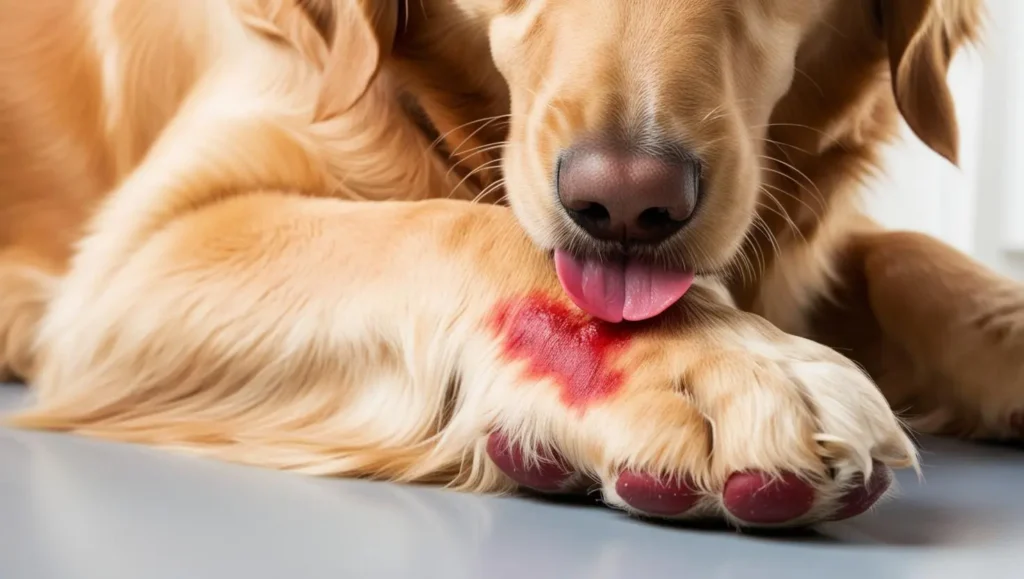
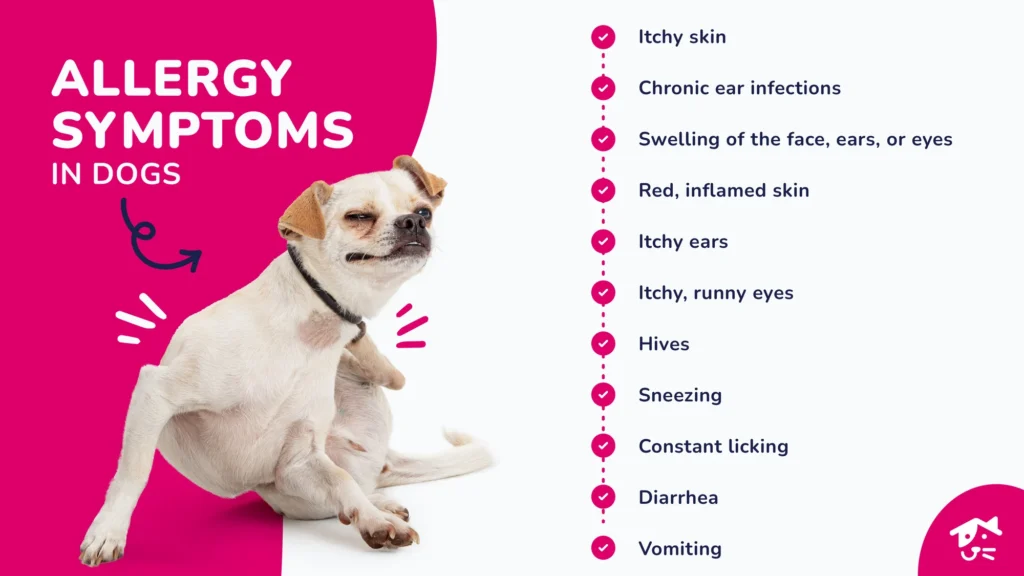
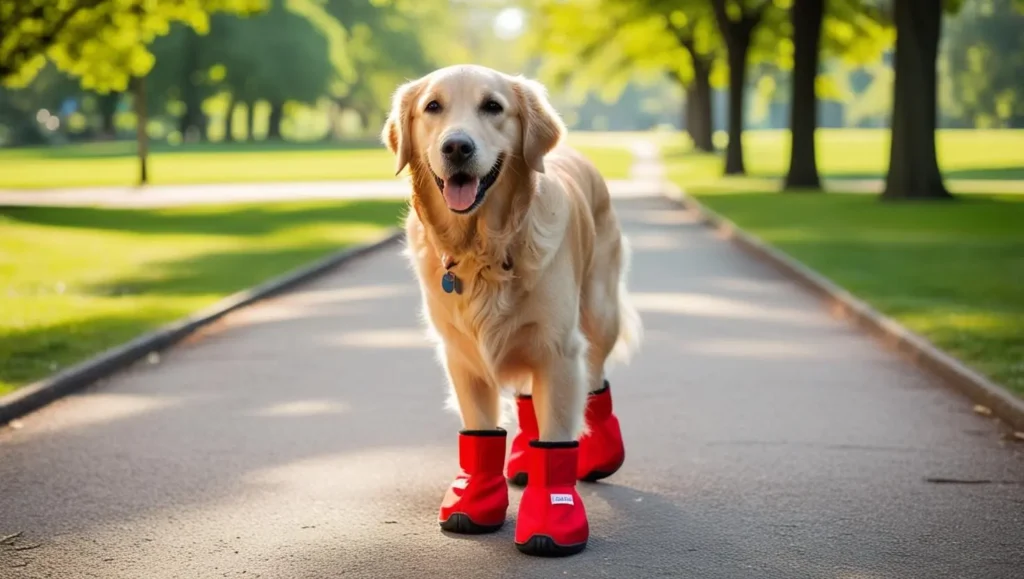
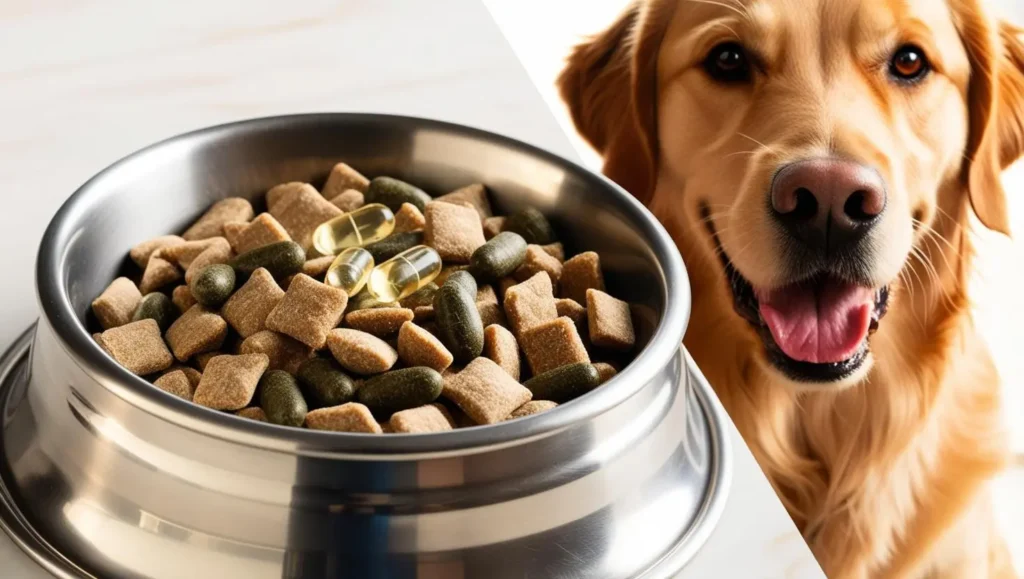



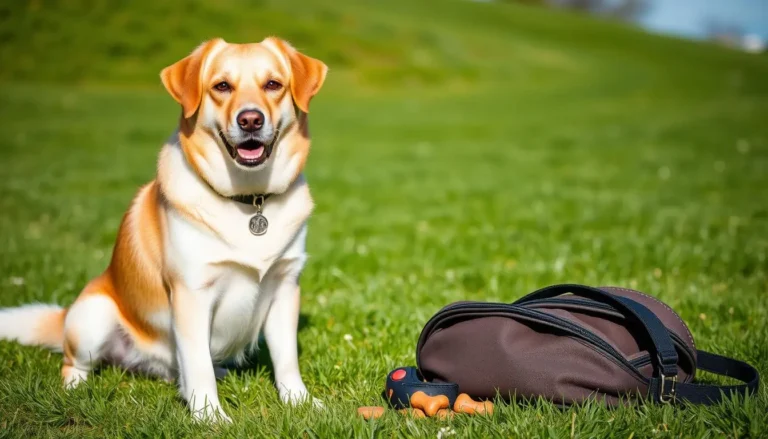
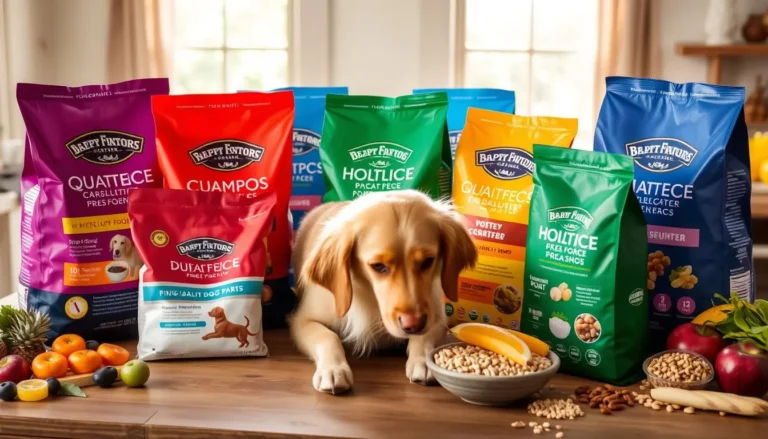
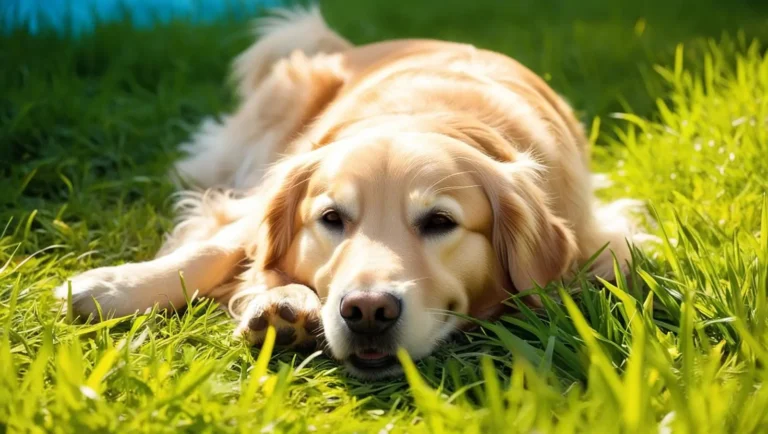

Baddiehub Pretty! This has been a really wonderful post. Many thanks for providing these details.